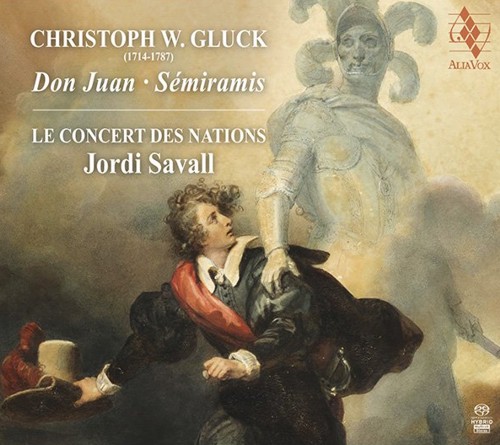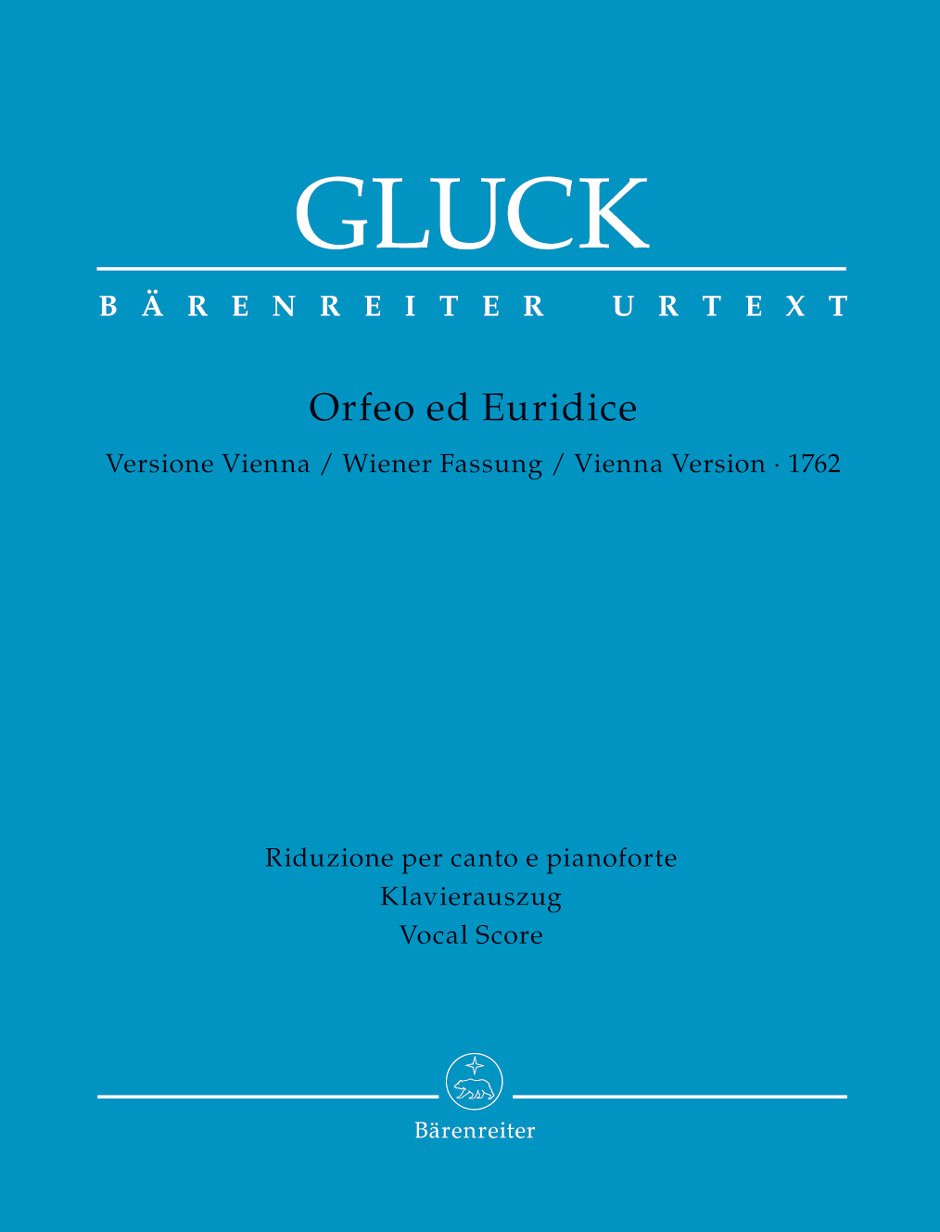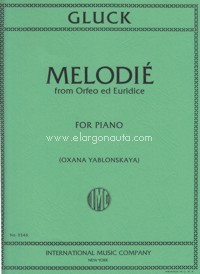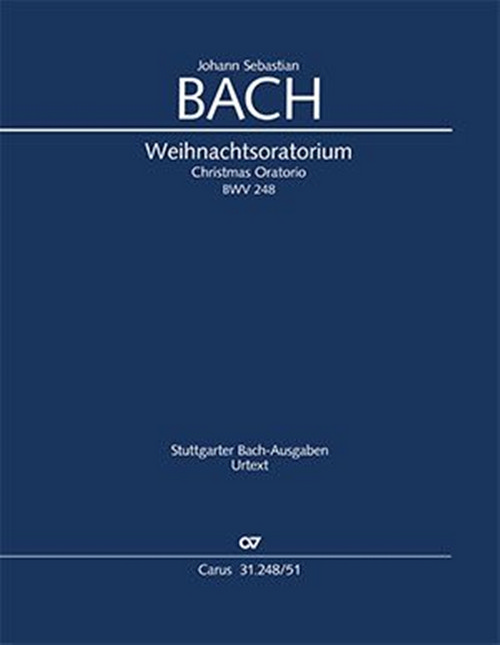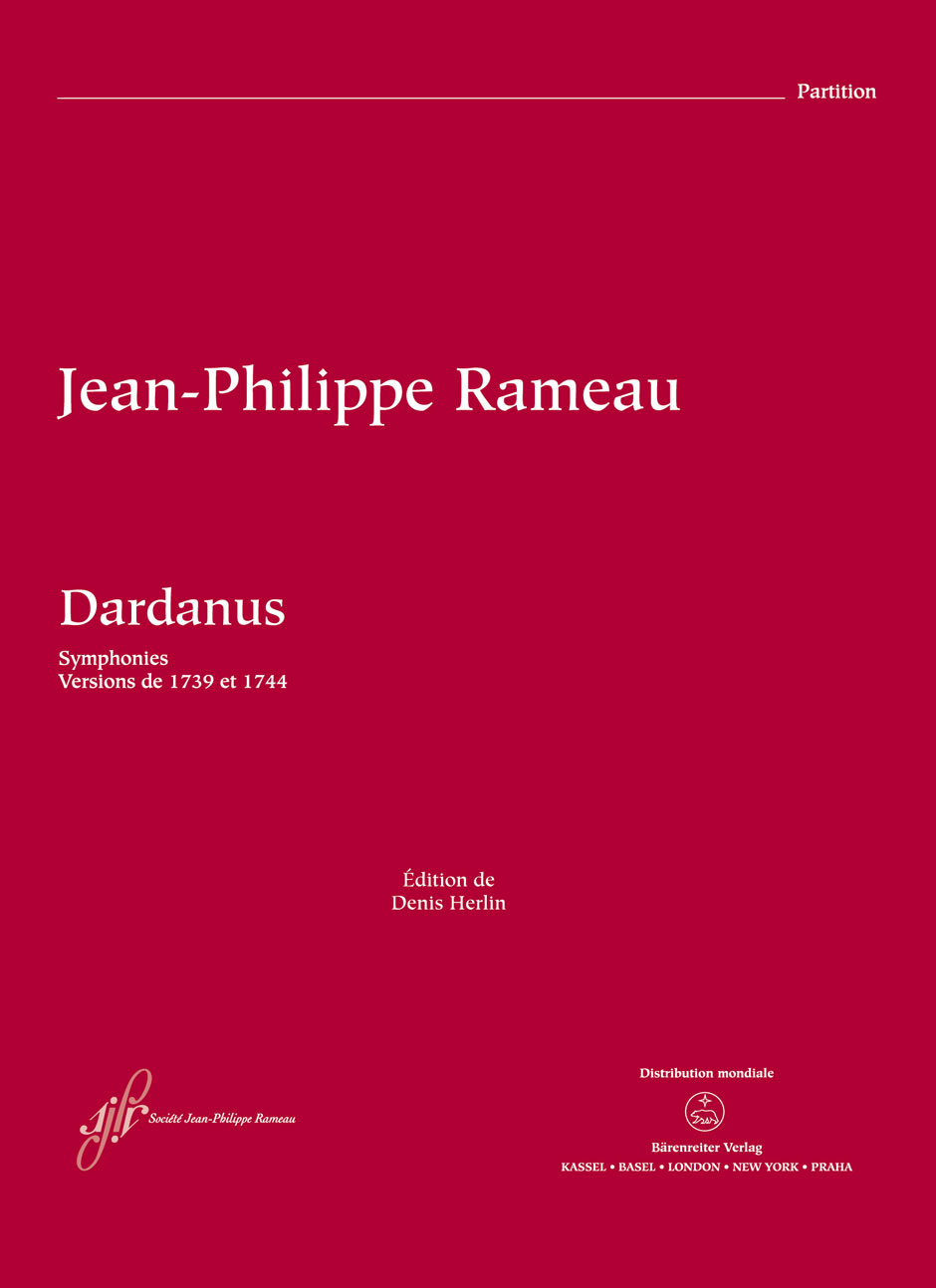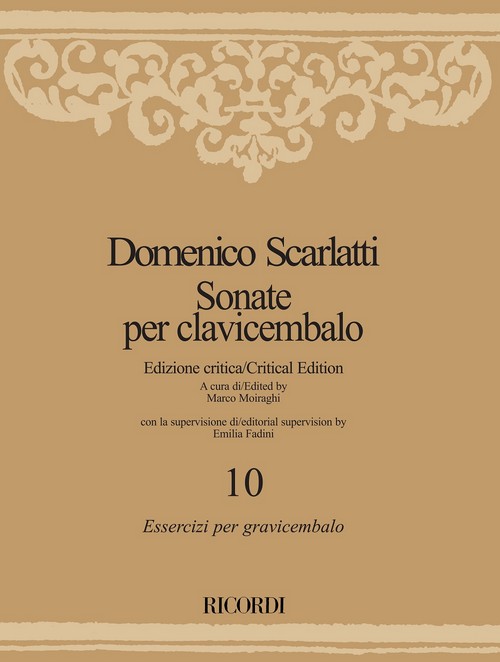
Orfeo ed Euridice, in Full Score
Gluck, Christoph Willibald
Dover Publications. 2005Instrumento:
- Orquestal / Ópera y zarzuela / Ópera /
Ficha técnica
- EAN: 9780486273242
- ISBN: 978-0-486-27324-2
- Editorial: Dover Publications
- Fecha de edición: 2005
- Encuadernación: Rústica
- Dimensiones: 24x31
- Idioma: Inglés
- Nº páginas: 160
No disponible temporalmente
Disponibilidad sujeta a la información del editorantes:
23,30 €
ahora:
20,97 €
Añadir a la Lista de deseos
Christoph Willibald Gluck (1714-1787): Orfeo y Eurídice, partitura orquestal.
Based on the Greek legend of Orpheus, Gluck's Orfeo ed Euridice is one of the oldest operas in the repertoire. Its beautiful simplicity, poignant story and moving arias, expressed in music largely pastoral and elegiac in tone, have made the work a favorite of audiences since its first production in 1762.
In a series of elegant, dramatic musical tableaux, the opera tells the story of Orpheus, a musician of ancient Greece, who pines after Euridice, his recently deceased lover. Inconsolable, Orpheus descends to the underworld where the depth of his sorrow and the intensity of his love for Euridice persuade the gods to release her. However, there is one condition: during the journey back to the world aboye, Orpheus must not look upon his lover. Torn by passion and fear of abandonment by Euridice, Orpheus cannot resist embracing his beloved-and loses her again. Because of the festive nature of the occasion for which the opera was written, however, the work ends on a happy note: the gods again take pity on Orpheus and restore Euridice to life once more.
By the time he composed Orf eo ed Euridice, Gluck's style had fully assimilated (to quote D. J. Grout in A History of Western Music) "Italian melodic grace, German seriousness, and the stately magnificente of the French tragédie lyrique." Now music lovers can study and appreciate the complete score of this masterpiece, reprinted here from the authoritative full-score edition originally published in the Denkmüler der Tonkunst in Osterreich.
CONTENIDO:
Overture 3
- Act One: A grove by the tomó of Eurydice
Chorus: Ah, se intorno a quest'urna funesta (Shepherds, Nymphs, Orpheus)
Recitative: Basta, basta, o compagni! (Orpheus)
Ballet
Aria: Chiamo il mio ben cosi (Orpheus)
Recit.: Numi! barbari Numi d'Acheronte (Orpheus, Amor)
Aria: Gli sguardi trattieni (Amor) 40 RECIT.: Che dise? (Orpheus)
- Act Two: Hades-The Elysian Fields
Chorus: Chi mai dell'Erebo (Furies, Shades)
Ballet
Aria with Chorus: Deh placatevi con me (Orpheus, Furies, Shades)
Chorus: Misero giovane (Furies, Shades, Orpheus)
(Ballet)
Aria: Che puro ciel (Orpheus)
Chorus: Vieni a regni del riposo (Heroes, Heroines)
Ballet
Recit : Anime avventurose (Orpheus, Heroes,Heroines)
- Act Three: Dark, rocky passage leading up from the UnderworldA magnificent temple dedicated to Amor
Recit.: Vieni, siegui i miei passi (Orpheus, Eurydice)
Duet: Vieni, appaga il tuo consorte (Orpheus, Eurydice)
Recit.: Qual vita é questa mai (Eurydice)
Aria: Che fiero momento (Eurydice)
Recit.: Ecco un nuovo tormento (Orpheus, Eurydice)
Aria: Che faró senza Euridice? (Orpheus)
Recit.: Ah finisca una volta (Orpheus, Amor, Eurydice)
(Fanfare)
Ballet
Chorus: Trionfi Amore (Orpheus, Eurydice, Shepherds,Shepherdesses)


